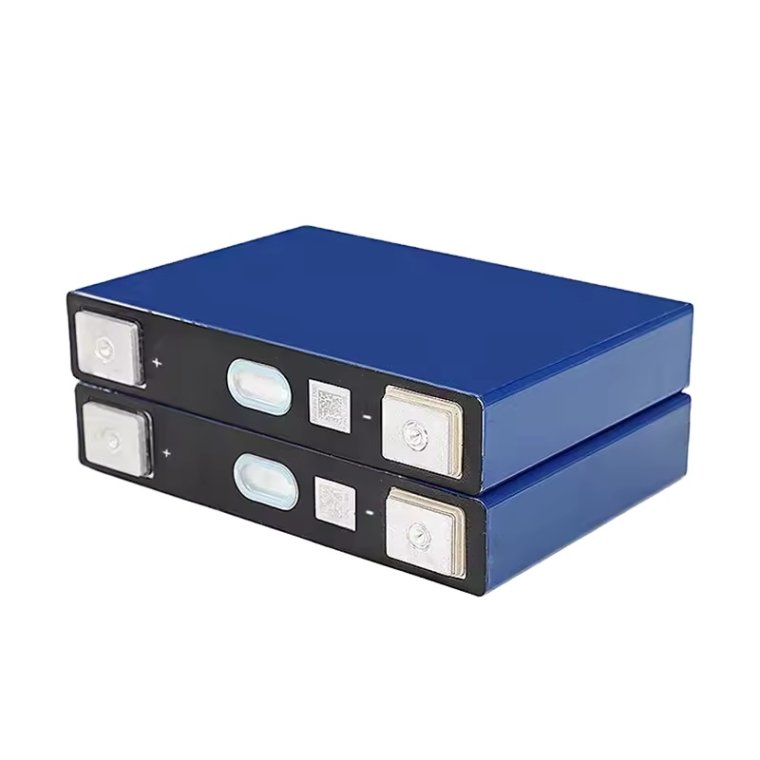Lithium Metal Battery Safety: What You Need to Know Before Choosing
Lithium metal batteries are gaining significant attention in the energy storage world due to their high energy density and potential to outperform traditional lithium-ion batteries. From electric vehicles to portable electronics and aerospace applications, these batteries promise longer runtimes and lighter weight. However, with these benefits come important safety considerations that every user and manufacturer must understand before selecting lithium metal batteries for their projects.
As a high-tech company specializing in new energy lithium battery research, production, and sales, Huihang Technology is dedicated to delivering high-quality, high-performance lithium battery solutions to customers worldwide. Drawing on our industry expertise, this article highlights the key safety factors to consider when choosing lithium metal batteries.

1. Understanding the Risks of Lithium Metal Batteries
Lithium metal batteries use pure lithium as the anode material, which offers superior capacity but also increases reactivity compared to graphite anodes in lithium-ion cells. This heightened reactivity can lead to:
-
Dendrite formation: Needle-like lithium deposits that can pierce the separator, causing internal short circuits.
-
Thermal runaway: A chain reaction leading to overheating and potential fire or explosion.
Proper design and manufacturing controls are essential to mitigate these risks.
2. Advanced Safety Features and Materials
To enhance safety, modern lithium metal batteries incorporate:
-
Solid-state electrolytes or advanced separators that reduce dendrite growth and improve thermal stability.
-
Protective coatings on lithium metal to suppress side reactions and improve cycle life.
-
Battery management systems (BMS) that monitor temperature, voltage, and current to prevent unsafe operating conditions.
At Huihang Technology, we employ cutting-edge materials and technologies to ensure our lithium metal batteries meet rigorous safety standards.
3. Safe Charging and Discharging Practices
Lithium metal batteries require precise charging protocols to avoid damage and hazards:
-
Avoid fast charging at extreme temperatures.
-
Use chargers compatible with lithium metal battery chemistry.
-
Implement current and voltage limits controlled by intelligent BMS.
Proper user education and well-designed hardware are critical components of safe battery operation.
4. Testing and Certification Standards
Reliable safety performance must be validated through comprehensive testing, including:
-
Overcharge and over-discharge tests
-
Thermal stability and abuse tests
-
Short circuit and puncture resistance
Certifications from recognized bodies like UL, IEC, and UN38.3 are indicators of compliance with international safety standards.
5. Choosing a Trusted Manufacturer
Selecting lithium metal batteries from experienced and reputable suppliers like Huihang Technology ensures adherence to quality control, safety protocols, and ongoing technical support. Our commitment to innovation and customer service guarantees batteries that not only perform but also prioritize user safety.
Final Thoughts
Lithium metal batteries offer exciting opportunities for next-generation energy storage, but understanding and managing their safety risks is crucial. By focusing on advanced materials, proper system design, safe charging practices, and certification compliance, users can harness their benefits without compromising safety.
Partnering with industry leaders such as Huihang Technology gives you access to reliable, high-performance lithium metal battery solutions tailored to meet today’s demanding applications safely and efficiently.
www.huihangbattery.com
Shenzhen Huihang Technology Co., Ltd.
Post Comment